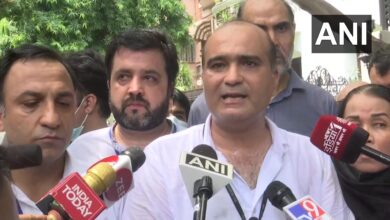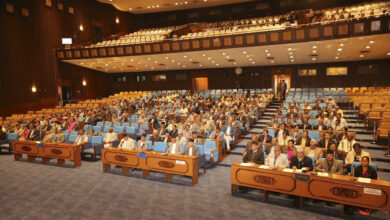By Sean Yoes
Traveling for the first time to the first continent was physically brutal. Operating on virtually no sleep, I felt almost every one of the nearly 9,000 miles from West Baltimore to East Africa.
Fatigue fell upon me like a brick house, particularly, during the final long stretch of the journey, from Brussels, Belgium to Entebbe, Uganda.
As I flew from Chicago to Brussels, I wondered why this was the European layover city (via United Airlines) into East Africa. Once I arrived in Brussels, I realized it was a well established air route from this tiny European country into Uganda. But, why? What was the relationship?
Then it hit me, probably during the midnight run from Entebbe to Kampala.
Uganda’s proximity to its large neighbor to the west, the Democratic Republic of the Congo is probably the root of its cozy commerce relationship with Belgium. The history of the Congo is tightly bound to the brutal colonization by Belgium over the country once known as the Congo Free State (later the Belgian Congo). The title, “Congo Free State” is indicative of the genocidal rule of the diabolical King Leopold II of Belgium, who essentially claimed the Congo as his own personal property (it was the world’s only private colony). In 1870, during Europe’s so-called “Scramble for Africa,” more than 80 percent of Sub-Saharan Africa was under the rule of chiefs or kings. Forty years later, by the early 1900’s virtually all of Africa south of the Sahara had been subdued by Europe. Leopold’s conquest of the Congo was the most murderous.
Under his greed fueled reign in pursuit of lucrative ivory and then the rubber plant, the Congo’s indigenous population was cut in half, approximately from 20 million to 10 million from 1880 to 1920. Leopold was responsible for the death of millions of Black Africans and the maiming and forced relocation of millions more.
Context and history are foundational in the story of Africa; there was no African nation uninterrupted by European colonization. Uganda is no different, yet it endures and compared to most countries on the Continent, thrives.
“Economic growth in East Africa is soaring ahead of other regions on the continent at close to seven percent while the overall outlook for the rest of Africa is cautious, but positive. Job creation and ramping up manufacturing will continue to be, major priority for creating growth and employment across the continent,” according to a report published by the African Development Bank in April.
On the streets of Kampala the people yearn to be fully participant in the economic growth of East Africa.
The Boda Boda Brigades is what I call the legions of young men transporting passengers for money on zippy motorbikes (Boda Boda) that dominate Kampala roads. These young entrepreneurs carry one, two, sometimes three passengers on their bikes at a time.
Now, if dirt bikes were legal on the streets of Baltimore, I bet you we would have the Baltimore Boda Boda Brigades. The spirit of many of the young brothers in Uganda reminds me a lot of many of the young men I encounter on the streets of my home. Honestly, I’m not sure if the Boda Boda brothers are any more reckless than the burgeoning crowd of young hustlers, gentrifiers and hipsters whipping around Baltimore on rented scooters.
Like Baltimore, Kampala certainly has a large swath of her population grappling with poverty. As I have been driven around the bustling city for the first days of my odyssey, I’ve witnessed housing complexes that remind me of the projects back in Baltimore. Also like Baltimore, Kampala has a growing community of striving entrepreneurs; some are White American expatriates, but many are indigenous Black Ugandans. There is also a thriving music scene in Kampala, which is reminiscent of Baltimore’s legendary House and Club Music culture.
Like Baltimore, Kampala I’m told, is a complicated place; I’m just skimming the surface.
With all that I have seen already it is still hard for me to believe I am actually in this beautiful East African country; the air here may be the sweetest I’ve ever experienced.
And for the most part, the Ugandans I have met are just as sweet.
Sean Yoes is the AFRO’s Baltimore editor and the author of Baltimore After Freddie Gray: Real Stories From One of America’s Great Imperiled Cities.
This article originally appeared in The Afro.





